“The Ukrainians appear to be postponing their counter-attack promised for mid-May. We have not seen any large scale Ukrainian offensive, and the incursion by a couple of hundred people into a few villages in the Belgorod region cannot be considered a large-scale offensive,” said security expert Attila Demko, head of the Center for Geopolitics at Mathias Corvinus Collegium (MCC).
As we also reported earlier, a Ukrainian-backed Russian armed subversive and reconnaissance group has penetrated the Belgorod region in Russia. Although Kyiv has indicated that the Russian Volunteer Corps and the Liberty of Russia Legion were responsible for the incursion, Attila Demko did not rule out that that the raids took place with Ukrainian assistance and cooperation.
They were supported by Ukrainian artillery, they came from and retreated to Ukrainian territory. So this could not have been done without Kiev
− he said. There have been other instances when Ukrainian or Russian saboteur groups have crossed the Russia-Ukraine border.
In his view, the attack on Belgorod is significant from a communication aspect, as the Ukrainians very cleverly timed it to coincide with the Ukrainian defeat in Bakhmut, thus distracting the Ukrainian media and public from the failure. “This carries no great military significance, as the occupation of a large Russian city like Belgorod, with a population of 300 thousand, would require a much larger force, which would probably prompt general mobilisation by Moscow and it’s unlikely that Kiev would want that,” he added.
There are minor Ukrainian success like preventing being surrounded in Bahmut, retaking strategically important high points or building bridgeheads in the Russian-occupied area around the Dneper river, but none of these can be called a major counter-offensive. The security policy advisor said. There are, however, signs of preparation.
The Ukrainians carry out many more deep strikes against the Russian logistics system than before. These strikes targeted ammunition depots, railway and other bridges and hubs. Attacking them may ensure that the Russia defenders could not receive enough supplies or rapidly redeploy their forces
− the professor of the MCC said.
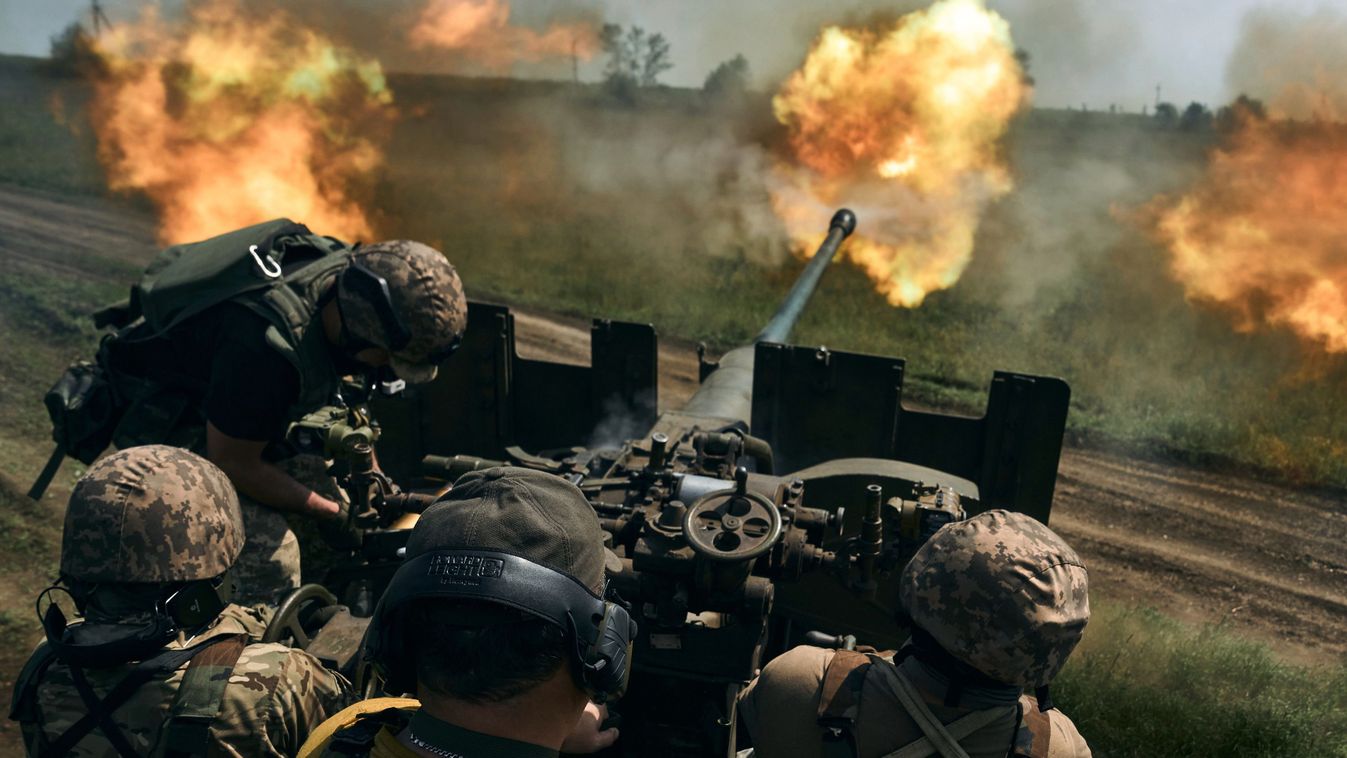

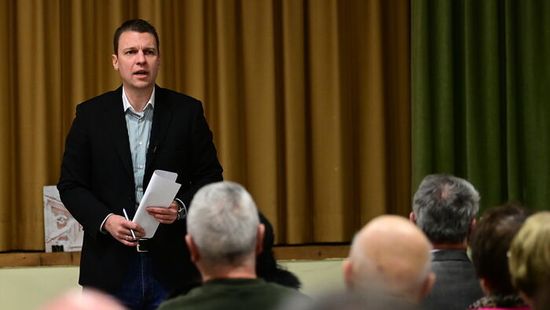

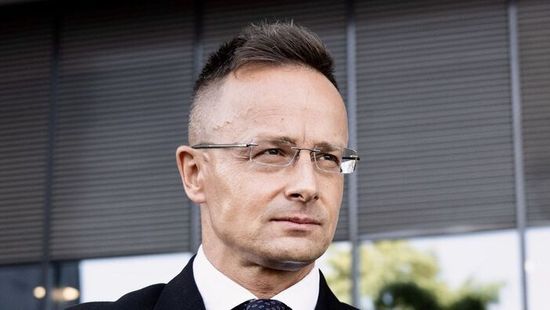

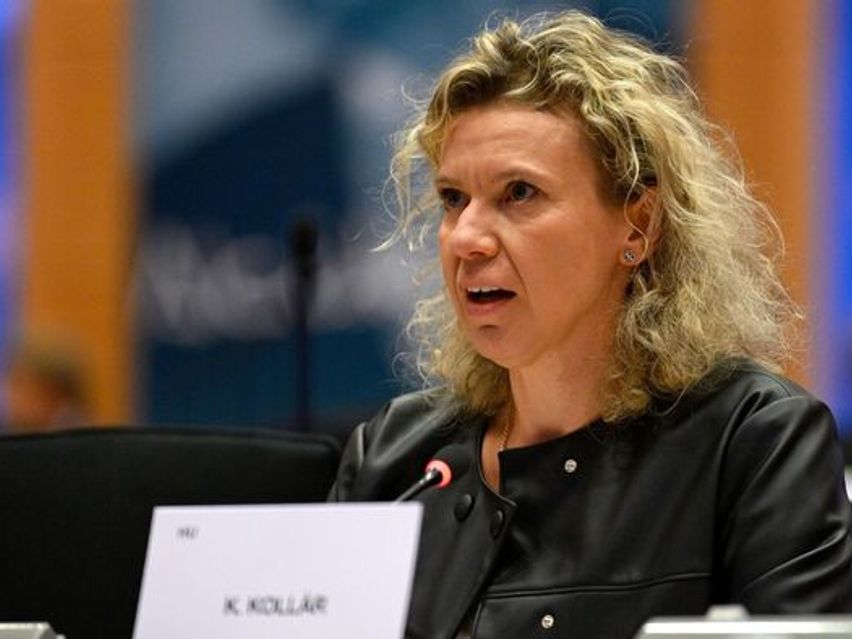
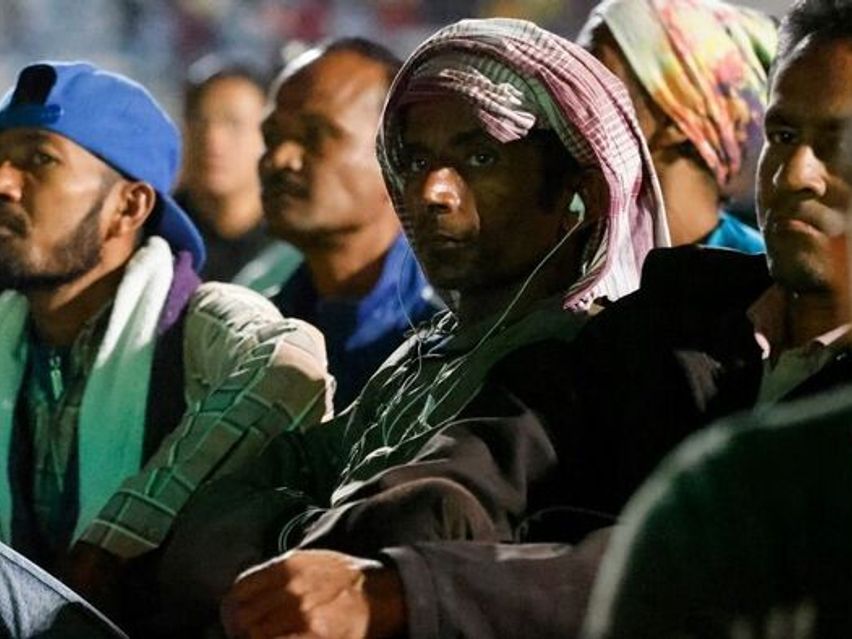




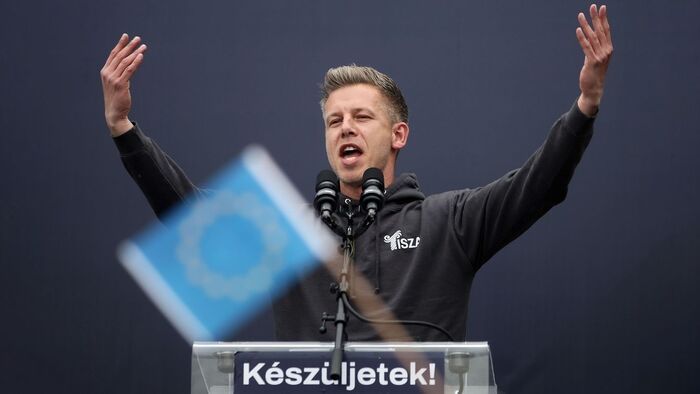

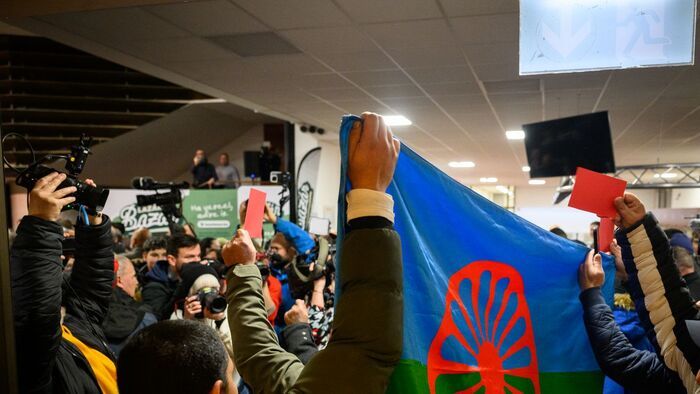

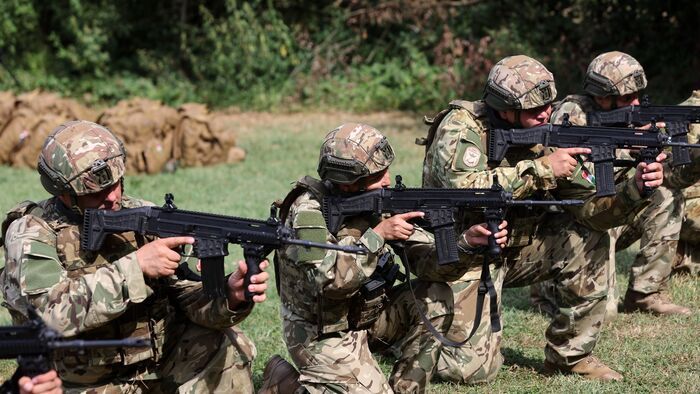
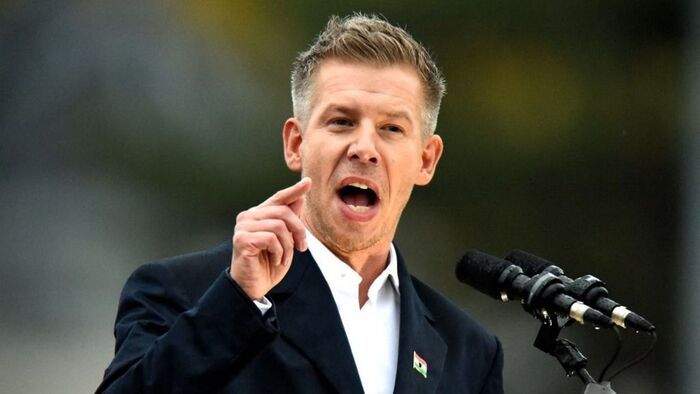





Szóljon hozzá!
Jelenleg csak a hozzászólások egy kis részét látja. Hozzászóláshoz és a további kommentek megtekintéséhez lépjen be, vagy regisztráljon!